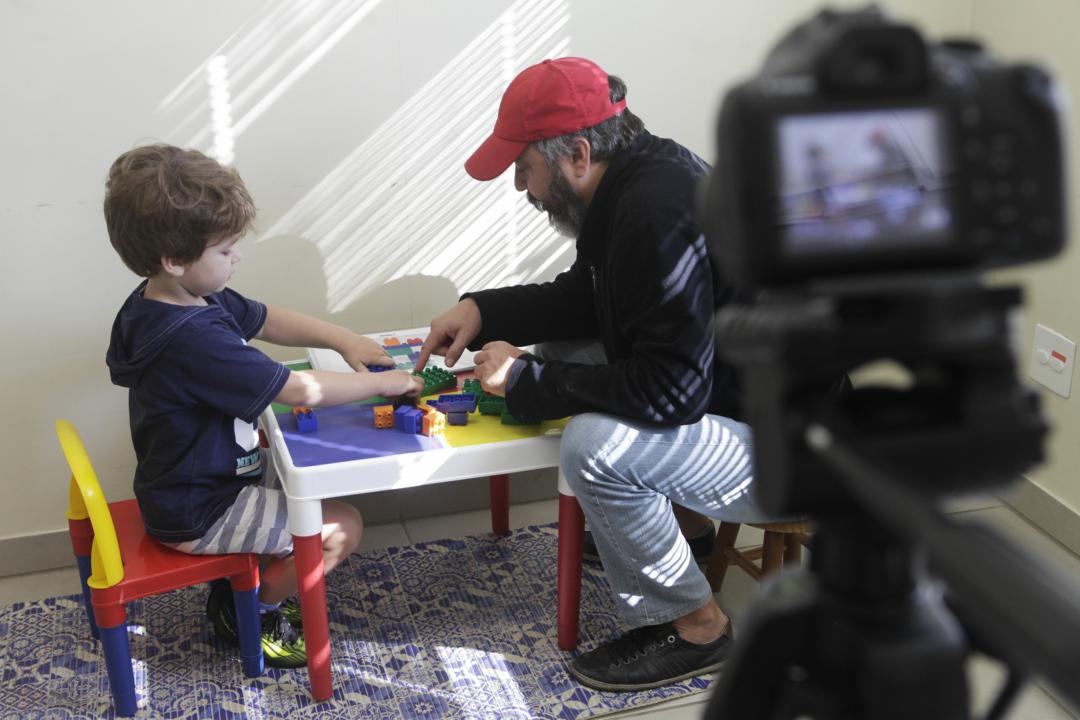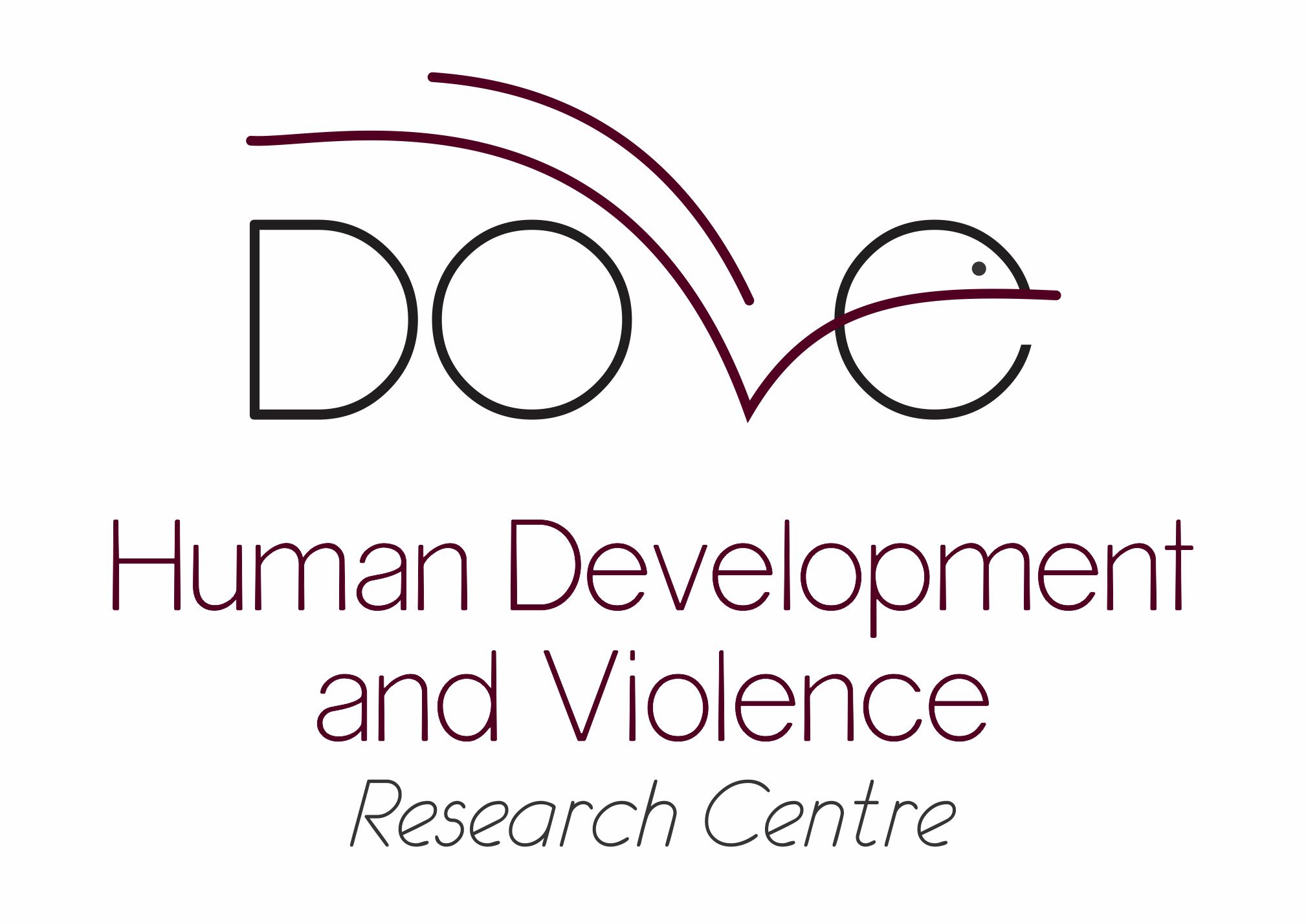Early parenting practices and child psychosocial development

An estimated 43% of children in low- and middle-income countries fail to achieve their developmental potential by age five years, with major costs to lifelong health, wellbeing, and human capital. Early nurturing care is considered vital to improve children’s life chances and reduce intergenerational poverty. In the 2015 Pelotas Birth Cohort Study, following 4,275 children from birth, we are using detailed observational measures of parent-child interactions to identify different care practices, their determinants, and their effects on child school readiness and psychosocial development, including language development, executive functioning, emotion recognition and aggressive behaviours.
In this project, filmed assessments of parent-child pairs were made during the age 4-year follow-up of the 2015 cohort. Carers and children were filmed while completing a building-block play task, a book-sharing task, and the “Don’t Touch” toy task, designed to measure child frustration and parental positive and forceful guidance of child behaviour. The filmed data was coded by a team of psychologists at the Pontifical Catholic University of Rio Grande do Sul and have been analysed in order to answer relevant research questions.
Collaborators: Adriane Arteche (Pontifical Catholic University of Rio Grande do Sul), Lynne Murray (Reading University), Peter Cooper (Reading University)
Funding: Bernard van Leer Foundation


